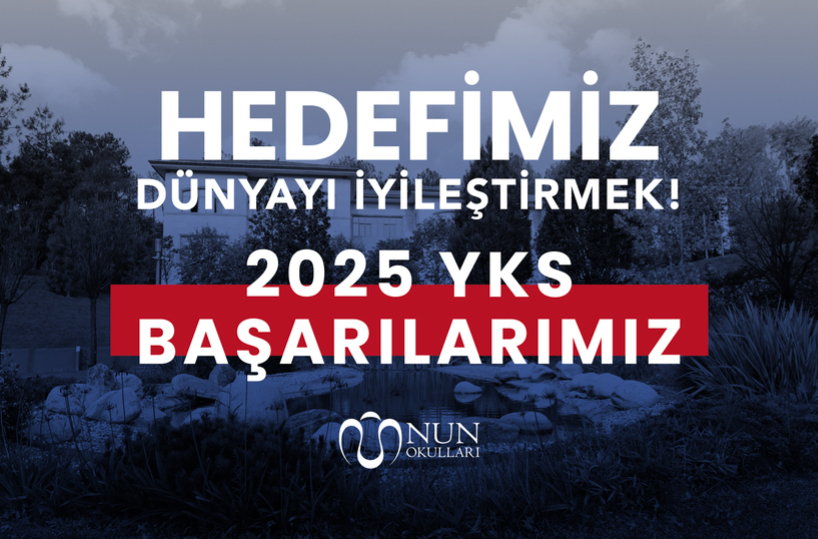
NÛN Schools Achieve Great Success in IB and YKS 2025
nûn schools has once again demonstrated its powerful approach to academic preparation with studen...
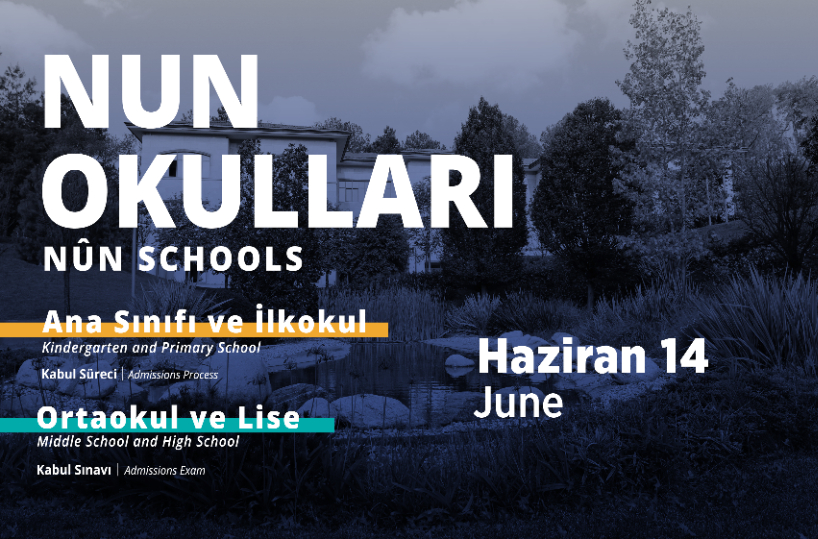
NÛN Schools student admission process has started!
at nûn schools, a student's journey of becoming a “good person” is given equal importance as acade...
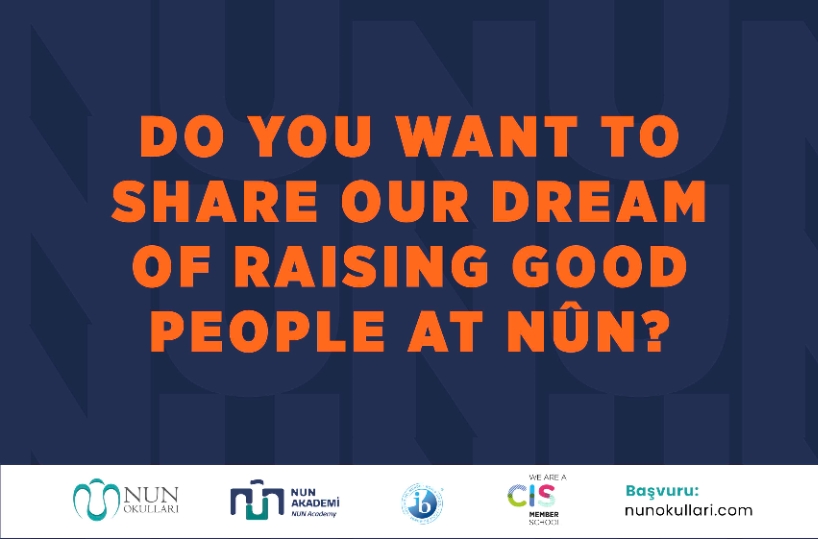
Do you want to share our dream of raising good people at NÛN?
at nûn schools, we embarked on a journey of imagination by envisioning courageous and spirited you...
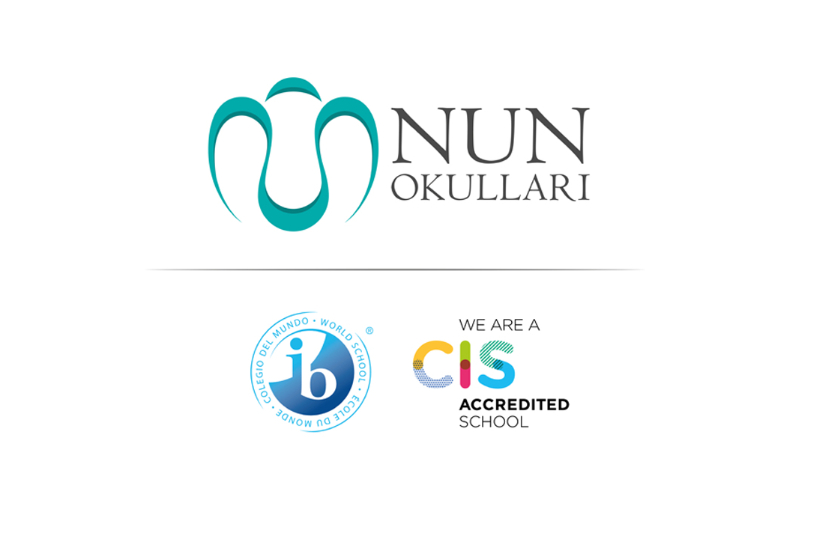
Our School Achieves CIS (Council of International Schools) Accreditation!
following an extensive evaluation process, nun schools has been officially accredited by the counc...
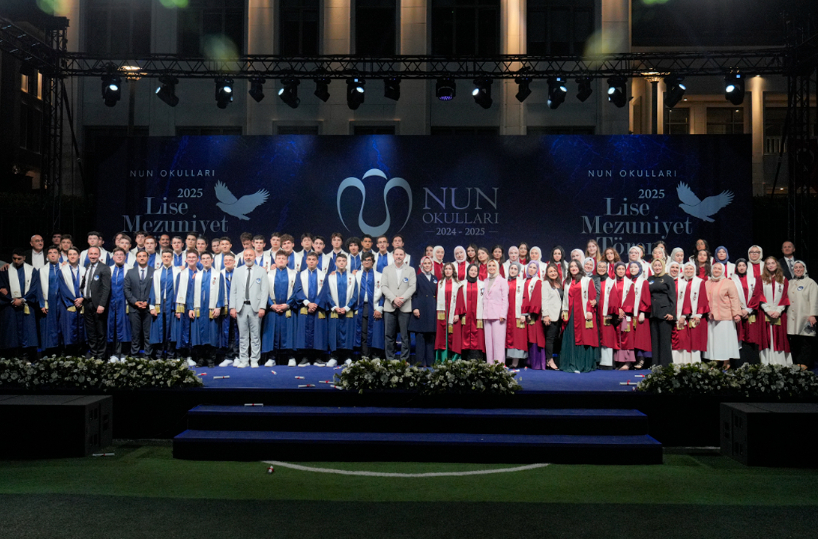
NÛN High School Bids Farewell to the Class of 2025!
we recently bid farewell to the class of 2025. these students have completed their educational jou...
“Education Is A Process That Requires Sacrifice”
“Education Is A Process That Requires Sacrifice”
Prof. Dr. İlber Ortaylı came together with our secondary and high school students. Ortaylı started his speech by explaining the adventure of the education system since the Ottoman Empire and gave advice to our students based on his own life.
Noting that the Turkish education system comes from a long tradition Prof. Dr. İlber Ortaylı said, “There was a quite successful education system in Turkey in the 1930s. Undoubtedly, we owe this success to Ahmed Cevdet Pasha, one of the leading figures of the Tanzimat era. Students who grew up in ‘boys’ and ‘girls’ teacher schools opened during the Tanzimat era were very influential in the development of the country in the coming years. Until then, girls who had to settle for the simple knowledge of Islam they learned in primary schools were now learning humanities and growing up according to the conditions of their time. If you want to see those days’ Turkey closely, I recommend you to read Resat Nuri Gültekin’s Çalıkuşu novel. Çalıkuşu tells this social transformation very clearly. The positive steps taken by the Tanzimat in the Republican era were continued. Like Mustafa Necati Bey, they have worked hard to raise the level of persons education. In comparison with European states, the progress of our education has unfortunately not been coordinated with Europe. In the West, the educational activities that proceeded by the church became acquainted with secularism in the following years. Our madrasah system has continued with a closed educational approach. Unfortunately, it did not provide collective education. However, Ottoman madrasahs were very successful in settling the merit issue in the state bureaucracy. Merit and knowledge of excellence prevented prior nepotism.”
Ortaylı underlined that because of the attitude of the Ottoman education system prioritizing merit, regular appointments of kadi and mufti have been made in an unprecedented way until that date and he added, “Tanzimat, with the effort of people like Ahmed Cevdet Pasha on the structure that works without disruptions, has brought collective understanding of education to our agenda. Rüştiye and İdadi schools were the most important collecting bodies before the establishment of Darülfünun.” Ortaylı stated that the allegations that the madrasah hinders scientific development are completely wrong and pointed out that such misinterpretations are compulsory.
Ortaylı said that Turkey's private schools rehabilitated the grammar and added, "With private schools education has become successful in foreign language teaching Turkish as well. And most importantly, a disciplined approach to education was introduced. In particular, the social advancements of Turkish and Muslim communities living outside Anatolia were provided by these schools. In 1917, when the Bolshevik revolution took place in Russia, Turkish peasants were in front of the Russian peasant in terms of enlightenment thanks to the school of Usul-u Cedid. Education is a process that requires sacrifice. The teachers earn little money but educates students for their ideals.”
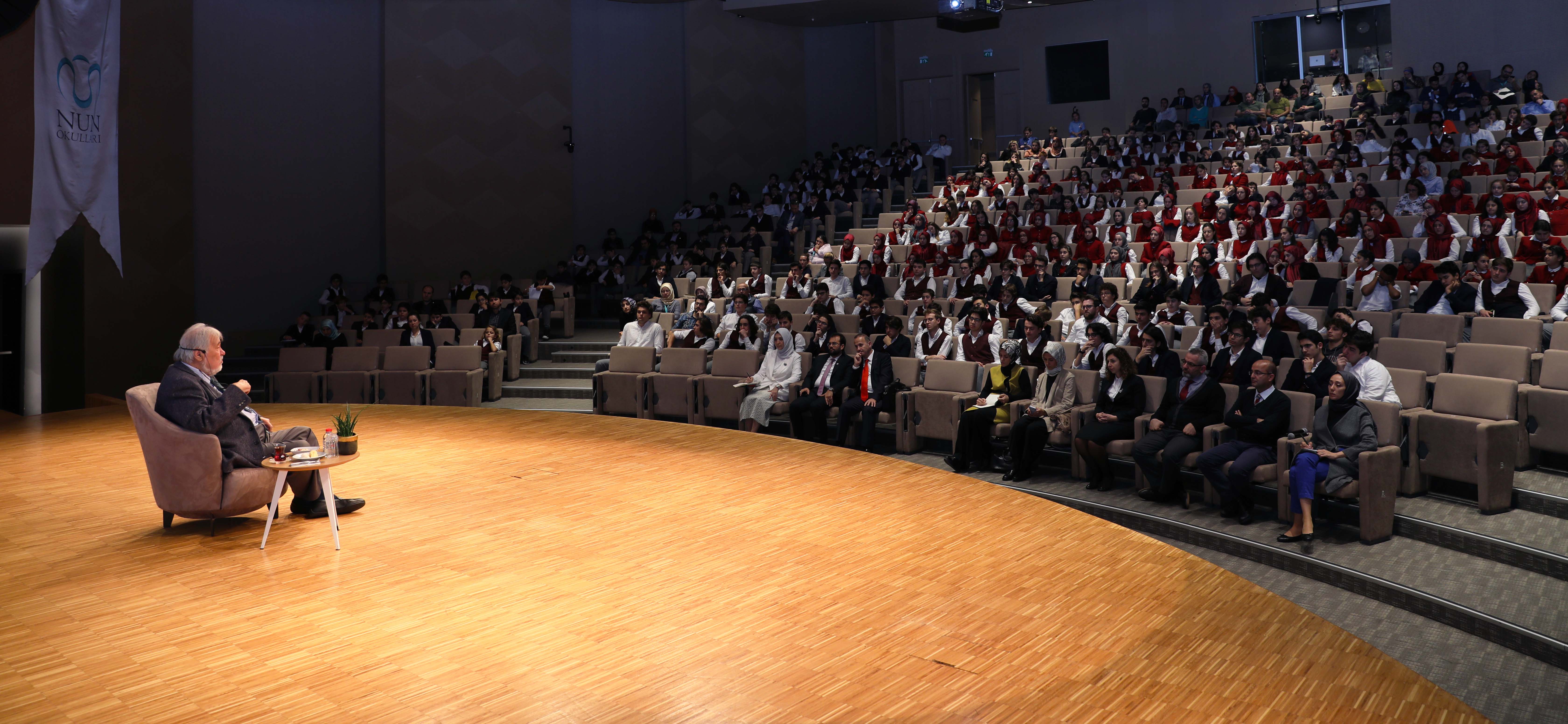
Stating that Turkish history is very complicated and related to multiple nations, he advised our students to learn the languages of the eastern nations that we have close relations with throughout history. He especially pointed out that Persian and Arabic are essential for understanding our civilization altogether. Ortaylı emphasized that our students should not break their ties with Turkish history and gave the following advices, “Keep your communication with the Turkish world at all times. Do not listen to those who try to spread the perception that Uzbek language and Kazakh language are different than ours. Uzbeks and Cossacks speak Turkish just as we do. We only have a little difficulty understanding each other because of the long distance and intervening years. Try to stay in touch with our daily traditions and stay in touch with our essence and tradition.”
Ortaylı answered our students' questions about recent history towards the end of our program. Our students had a day filled with history. They had the excitement of meeting Prof. Dr. İlber Ortaylı who they admired by seeing his books on television screens. The program ended with the presentation of gifts and our students left our conference room with smiling faces.